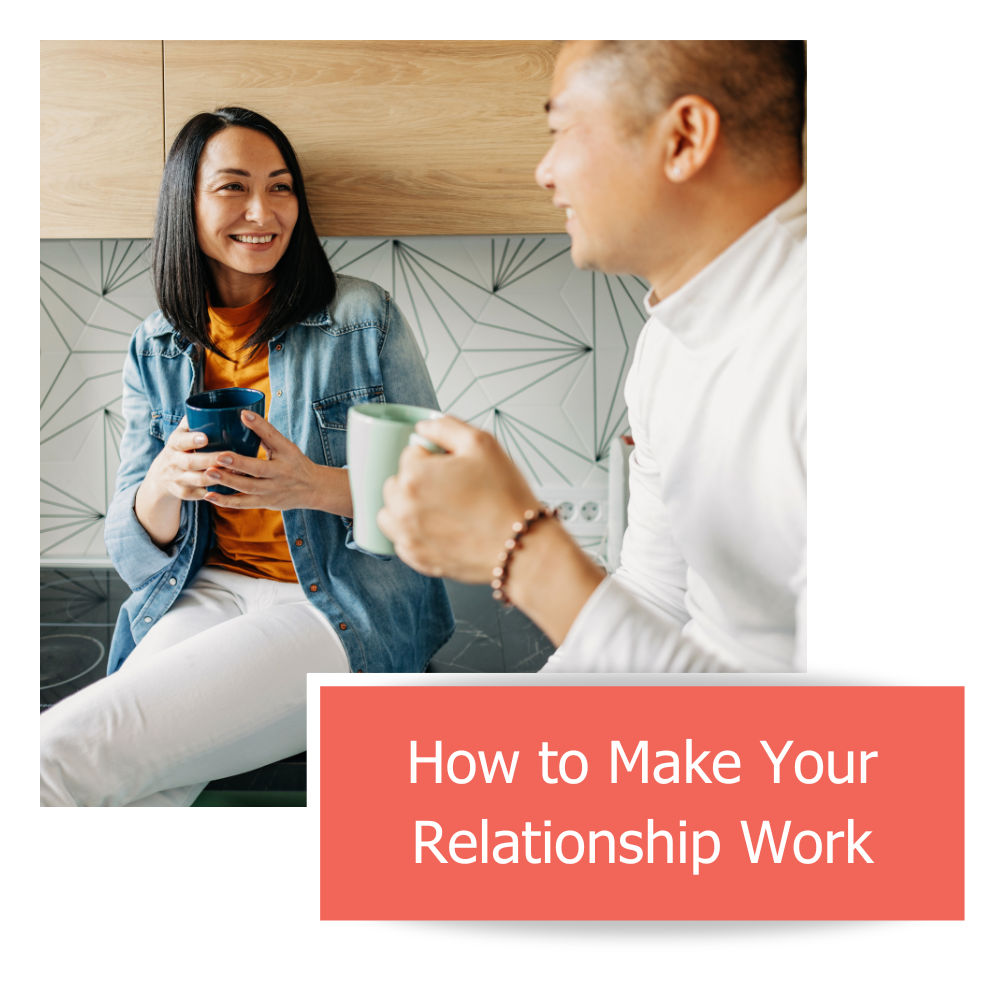There’s so much to be excited about as expecting parents begin their journey to parenthood: choosing a name, decorating the nursery, and planning the baby shower. Amidst diaper brands and sippy cup choices, however, couples rarely think about safeguarding their relationship for the challenges ahead. Understandably, it’s hard to imagine that something so precious as a newborn can cause couples so much relationship distress.
Research from the Bringing Baby Home program developed by Drs. John and Julie Gottman shows that almost 2/3 of couples report a decline in relationship satisfaction up to three years after having a baby. What did the 1/3 of couples that reported positive results do differently? It turns out they were able to share in the transition together. They had a strong sense of friendship, practiced healthy conflict management, and tackled the varying needs of a newborn as a team.
A family’s identity changes drastically when a new baby arrives. For the first time, mothers and/or fathers become grandparents while daughters and sons become parents. Matters of the heart are more meaningful and family values change. This shift is often so drastic that new parents feel overwhelmed, which can lead to stress.
New parents face a decline in sex and intimacy. They struggle with how to fairly divide household responsibilities and the needs of the baby. With little time for romance and connection, couples often get caught up “keeping score.”
Thoughts of who had more sleep the night before or whose turn it is to make dinner becomes an everyday battle, which leads to increased hostility and fighting. Conversations about money, parenting styles, and relationship expectations are tense and stressful.
Physical changes also occur. Sleep deprivation and physical exhaustion increases the likelihood for depression, irritability, and stress. Specifically, moms can experience hormonal changes for up to one year post-birth. It is extremely important during this time that both partners look out for signs and symptoms of postpartum mood disorders.
So how can couples shield their relationship from the dangers ahead? By creating a sense of we-ness. If new parents can feel like they’re “in the trenches together” rather than two passing ships in the night, they can share in the highs and lows of parenthood.
This is done by carving out time for each other to restore and maintain emotional intimacy. Staying updated about each other’s lives outside of the relationship keeps the friendship strong and intact.
When we’re not in sync, we tend to ask closed-ended questions that don’t foster connection. “Who’s cooking dinner tonight?” or “Did you pay the phone bill?” do nothing to maintain a sense of romance. Try using open-ended questions to stay familiar with one another. “How are you feeling about your job?” “What values do you want to instill in our child?” and “What is your ideal family vacation?” are great ones to try.
A strong friendship can be preserved during moments of exhaustion by expressing fondness and appreciation. Couples who report less distress during the transition to parenthood are able to stay positive and give each other the benefit of the doubt that they can get through the initial strain of having a newborn. “Thanks for taking the baby while I can rest,” “I really appreciate how you can soothe her like that,” “I know this is hard, but you’re a really great mom to our little boy.” These kind words go a long way.
As conflict inevitably arises, handle disagreements effectively by using constructive problem-solving techniques, especially when you’re feeling exhausted and overwhelmed. Raising issues in a soft and gentle way without jumping down your partner’s throat allows you to get your point across and feel heard.
For example: If you’re feeling frustrated that you haven’t received affection lately, instead of snapping, “You never have time for me” try saying, “I loved it when we cuddled the other night. Can we do more of that this week?”
Another strategy for keeping conflict at bay is to allow your partner to feel like they have valuable stock in the relationship. Taking advice from them, expressing genuine interest in what they have to say, and seeing things from their side makes them feel like they have a voice. It makes them feel like they matter to you and you respect their input. Some examples of this might be taking initiative with housework, following suggestions they have about a new parenting book, and allowing them to take over with the baby when you need some rest.
Becoming a new parent is about the journey, not the destination. You will evolve in your own time, in your own style, and in your own way. You only have to remember a few things to keep your relationship going strong. Understand that you and your partner are not the only couple struggling to make it through those beginning few months. The drastic changes that accompany having a new baby are normal and doesn’t necessarily mean signs of a troubled marriage. Staying positive and making time for each other will put you on your way to creating a happy and healthy family.
Expert Tip: If you are an expecting parent or new to parenthood, spend 15 minutes a day this week to check in with your partner. Remember that catching up with one another helps to keep you emotionally and intimately connected. It shouldn’t be something you do every now and then, but an essential part of your relationship.








